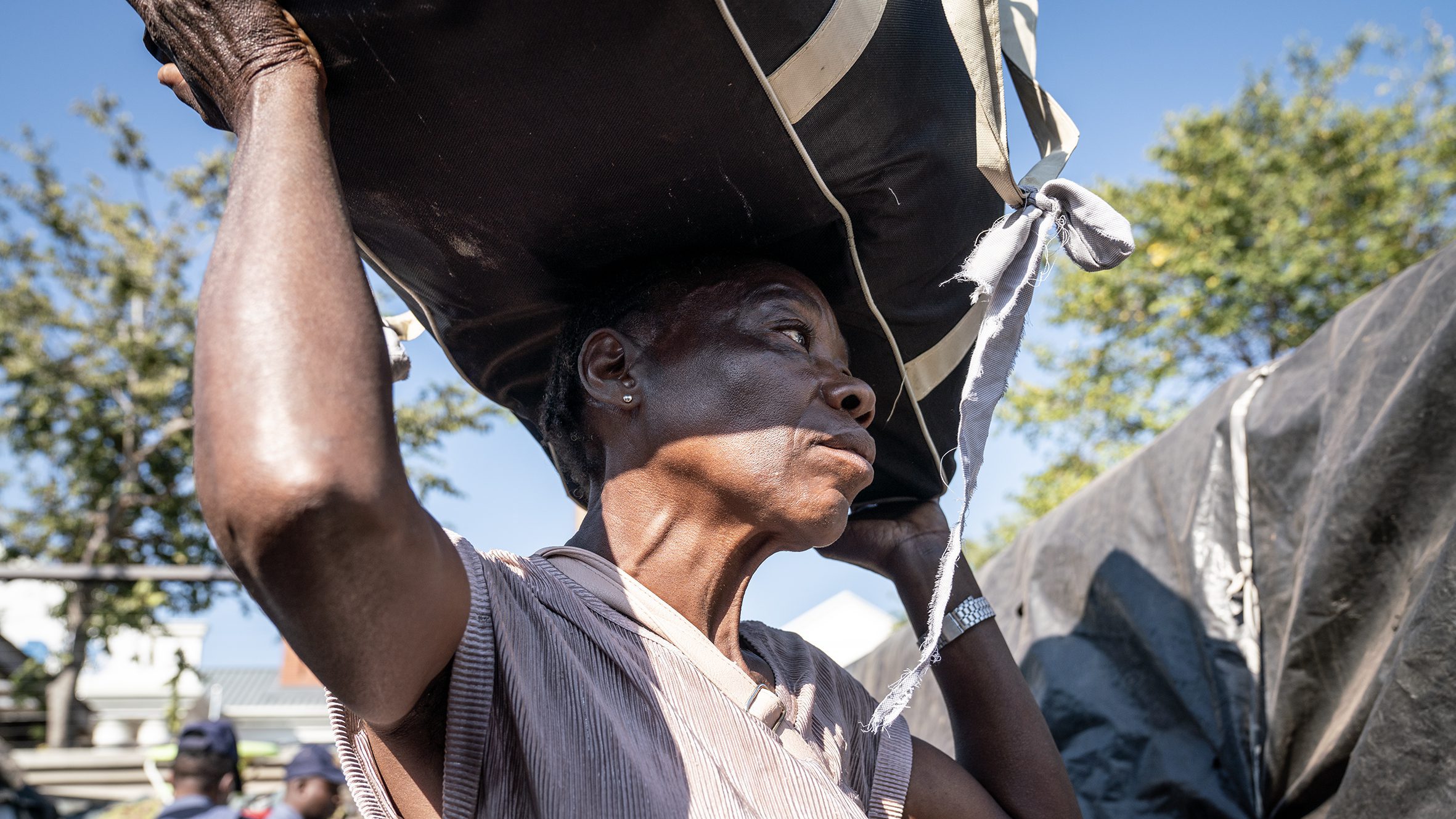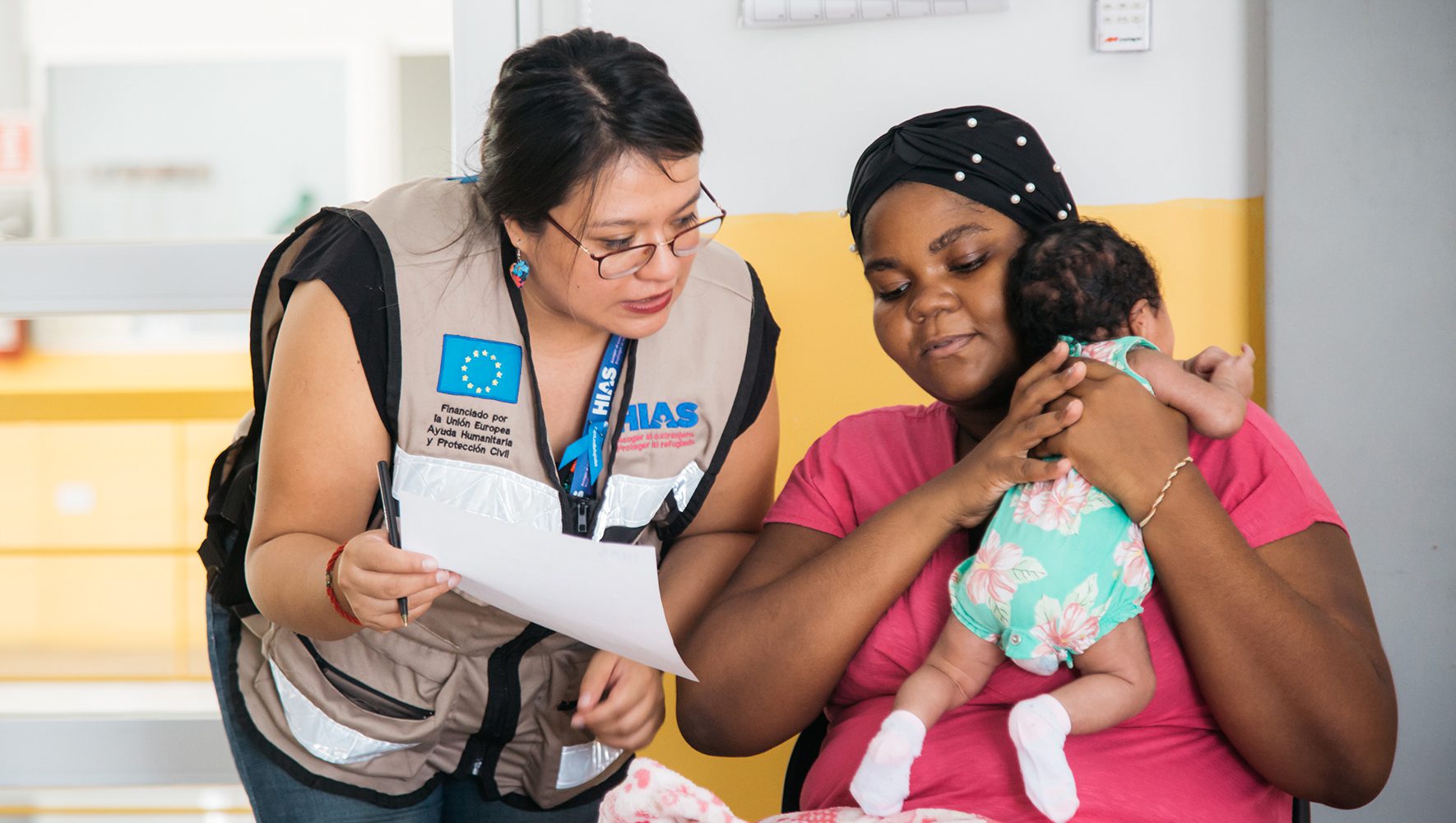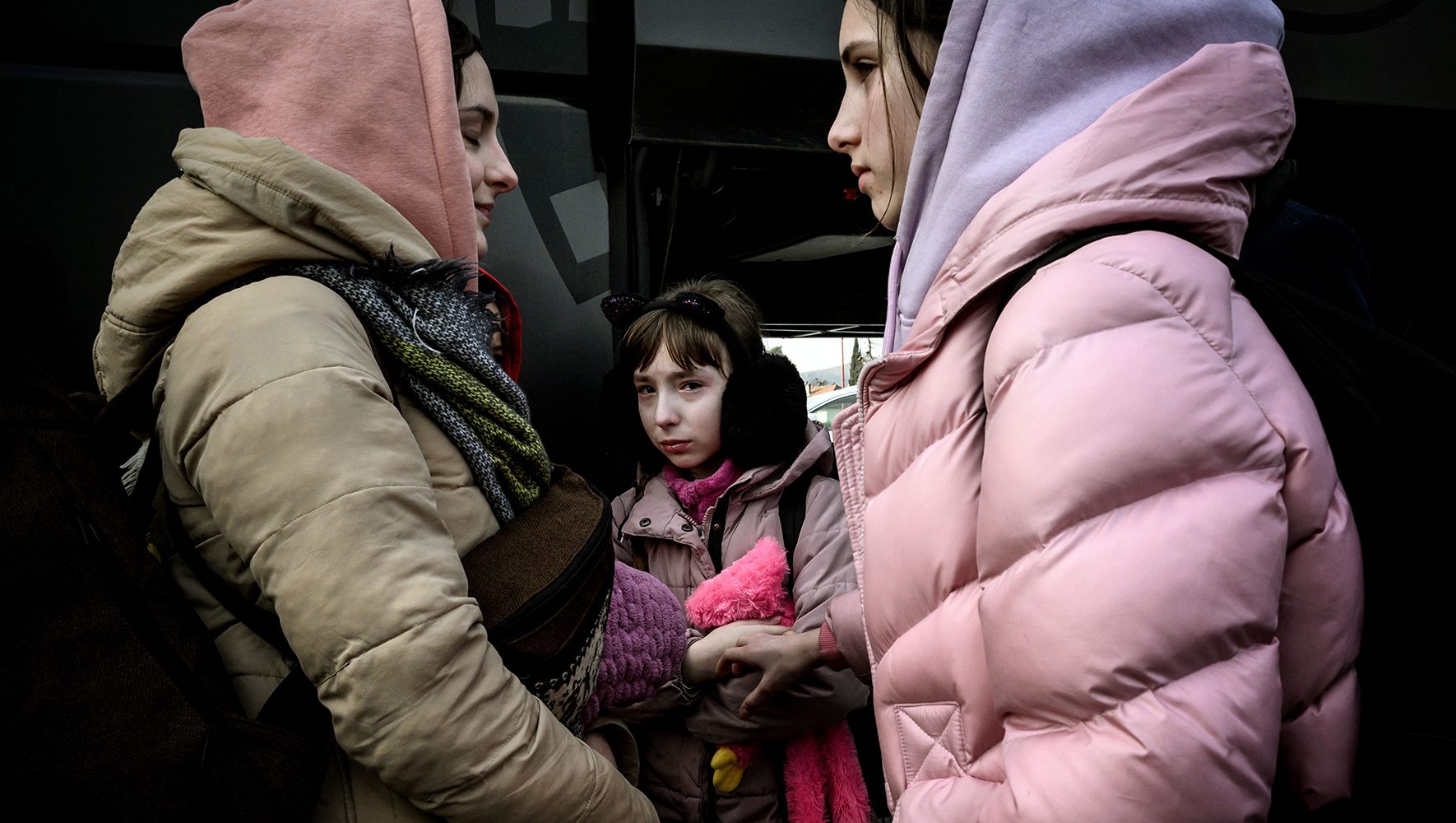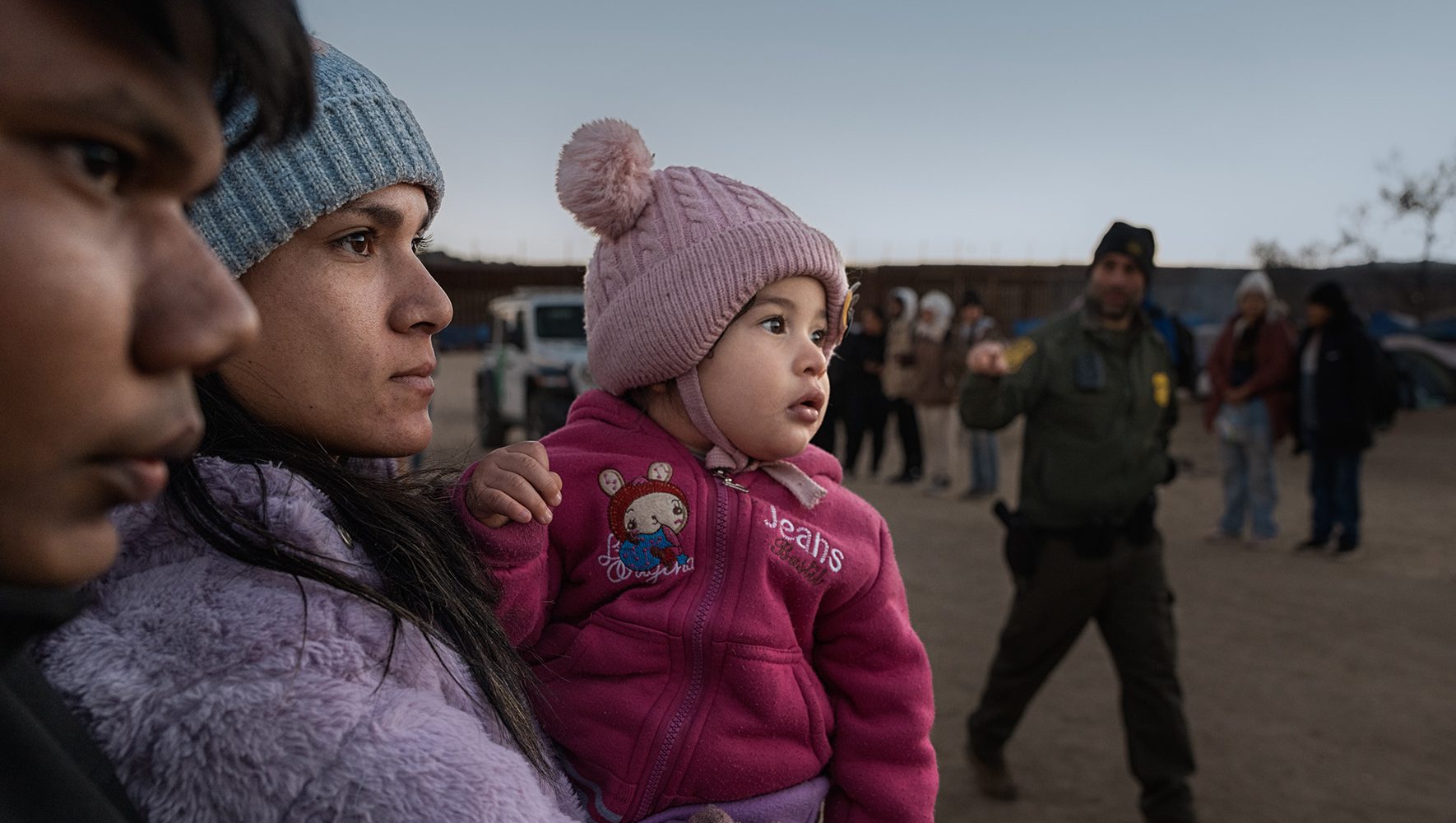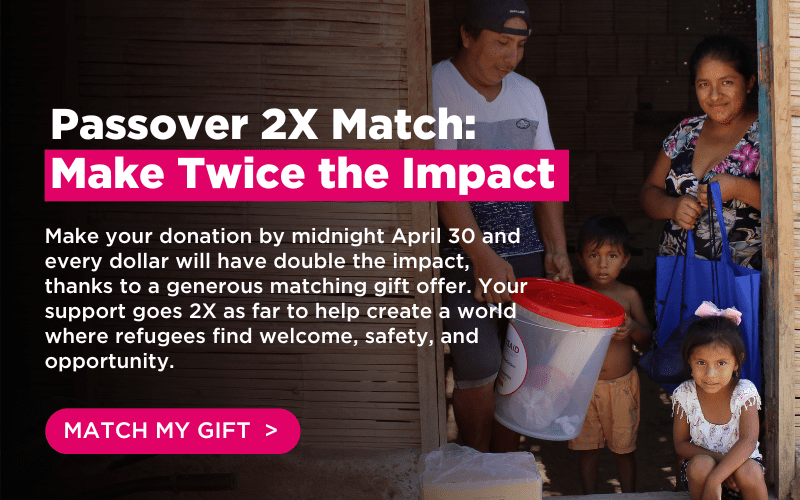This World Refugee Day, Calling on the Global Jewish Community to Act
Jun 17, 2020
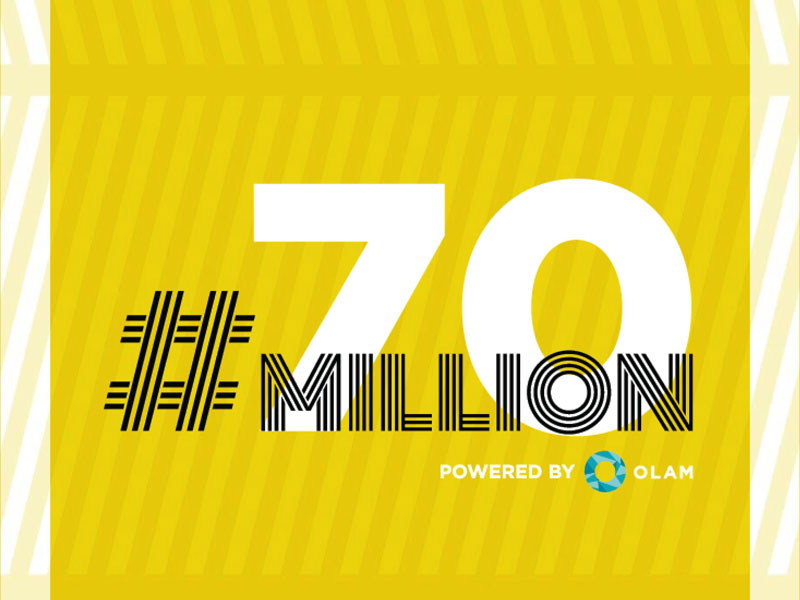
#70million is a call to the global Jewish community to take action around World Refugee Day and stand in solidarity with those displaced around the world.
Originally published on ejewishphilanthropy.com
Given the nature of our work, we are often asked: Why should Jews care about those outside of our own community, particularly those far away? Since the onset of this pandemic and the wave of protests worldwide, this question has become even more common, as people are pulled in a hyper-local direction and as many Jewish institutions confront serious financial challenges of their own.
We, Jewish leaders of organizations that work with refugees and other vulnerable populations worldwide, have decided to share our thinking here, as a means of sparking a conversation on navigating competing priorities at this difficult time.
The era of COVID-19 is challenging for everyone. But, for some, the virus and its resulting economic impact are far more devastating than for others.
The things that most of us take for granted – the ability to social distance, engage in regular hand washing, access basic health services, telecommute, or even receive unemployment benefits – are not options for many of the world’s over 70 million refugees, asylum seekers, and internally displaced people.
Even before this pandemic began forcibly displaced people faced significant challenges: the loss of home and assets, separation from family, food insecurity, loss of human rights, inability to access most basic services, violence, and psychological trauma. On a fundamental level, these people cannot go home, make a home, or move to a new one.
For them, COVID-19 is a compounded crisis. Trapped in overcrowded camps and cities, many lack access to clean water, soap, and clear information about the disease. Without legal status and sustainable livelihoods – or even the basic right to work – they lack protections that can soften COVID-19’s financial blow. As a result of travel restrictions and closed borders, it’s difficult for many to access the services they need. In some places, virus prevention measures have increased risks to marginalized populations. In others, rumors have proliferated, linking minorities to the spread of the disease.
Even as the global Jewish community faces significant challenges of our own, this issue should touch us deeply.
This is our story.
Jewish history is full of forced migration: from the stories of the Torah to the Spanish Inquisition, from the pogroms to the Holocaust, and from the expulsion of Jews from Arab lands in the 1950s to the more recent experiences of Jews fleeing the former Soviet Union and Iran in the last three decades of the 20th Century.
“Love the stranger because you were once strangers in the land of Egypt.” The Torah teaches us that it is not enough to live through an experience. We must make meaning of it by transforming our own suffering into empathy for others. As Hillel famously wrote, we must be for ourselves, but not only ourselves.
We are blessed to live at an unprecedented time when there are few Jews facing forced migration. We have the unique opportunity to “pay it forward” and channel the knowledge gained helping Jewish refugees to support others facing similar challenges. Indeed, several of our own organizations were initially founded to work with Jewish refugees and expanded our work to others, as it became clear that they were today’s “stranger,” that – to quote HIAS – we needed to help them not because they were Jewish, but because we are.
This is the story of now.
COVID-19 proves beyond a shadow of a doubt that the world is interdependent. It demonstrates that concerns that seem remote one day can have a direct impact on our lives the next. It shows that our actions can affect the health and safety of those across the ocean. If we do not adequately respond to the virus in every country, it will plague us further.
In much the same way, the global refugee crisis and its underlying causes – war, extreme poverty, climate change, etc. – can seem distant until we see their impact on our own borders. Our own actions – and the policies of our elected officials – influence the forces driving global migration, positively or negatively. If we ignore conflict, genocide, and disaster far away, we will witness additional waves of refugees fleeing to our own countries.
One way to apply the lessons of this unique moment is to take responsibility for issues that otherwise seem remote.
We can make a difference.
Jewish tradition calls upon us to act even when an issue is large and seemingly intractable. We are taught that every life is infinitely valuable and worth fighting for with whatever resources we can muster.
A financial contribution. A signed petition. A couple of hours volunteering. A social media message of support. Individually, these actions may be small, but they each matter to the persons involved and, collectively, they can transform lives.
As many of us grapple with how to best allocate our limited resources, it is worth noting that over 80% of displaced people are hosted in developing countries, which struggle economically to support their own indigenous populations. A modest donation can go a long way to provide people there with life-saving personal protective equipment, soap, food, water purifiers, and medical attention. Funds that might seem negligible to us make a real difference to others.
For all these reasons, we are proud to come together for #70million, a campaign calling on the global Jewish community to take action around World Refugee Day (June 20). From June 17-26, the campaign will mobilize Jews to donate, raise awareness, volunteer, and advocate in support of some of the globe’s most vulnerable people.
#70million will highlight the work of our own organizations as well as dozens of other Jewish and Israeli nonprofits, congregations, and communities at the forefront of addressing this issue. Some provide direct aid to displaced people and help bolster their long-term capacity. Others facilitate refugee resettlement in host countries. And others engage in direct litigation and advocacy on behalf of displaced people or support refugees to press for their own rights.
As we embark on this campaign, we are inspired by the numerous stories of refugees all over the world who are stepping up to support other vulnerable communities during this pandemic, by serving as frontline health workers, sewing face masks, and delivering groceries to the elderly, homeless, and Holocaust survivors. Displaying tremendous creativity and resilience, they serve as powerful role models of what it looks like to be an upstander at this time.
Refugees are who we were. They are part of our local and global community. When we respect and welcome them, they can help us repair the world. This is no less true in a pandemic than in better days.
Paul Anticoni, Chief Executive, World Jewish Relief
Robert Bank, President and CEO, American Jewish World Service
Georgette Bennett, Founder, Multifaith Alliance for Syrian Refugees
Dyonna Ginsburg, CEO, OLAM
Mark Hetfield, President and CEO, HIAS
Ruth Messinger, Global Ambassador, American Jewish World Service
Avital Sandler-Loeff, Executive Director for Disaster Relief and International Development, JDC
Yotam Polizer, CEO, IsraAID
To find out more, check out the campaign website: www.70million.org. #70million is powered by OLAM and organized in partnership with AJWS, HIAS, IsraAID, JDC Entwine, Multifaith Alliance for Syrian Refugees, Repair the World, and World Jewish Relief. This campaign is possible thanks to the generous support of the Schusterman Fellowship.
COPYRIGHT © 2020 · EJEWISH PHILANTHROPY · ALL RIGHTS RESERVED


